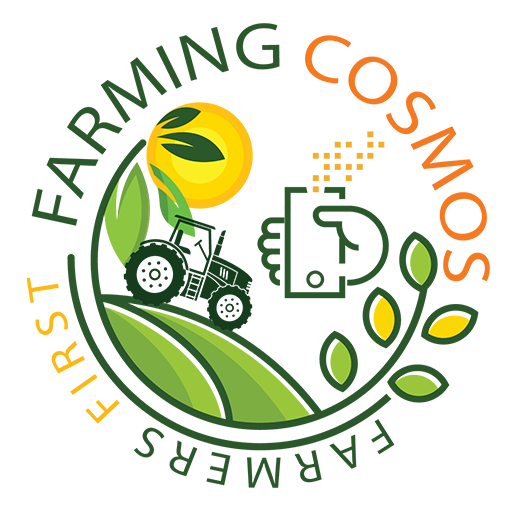India has two organic certification systems for export, domestic market

As the market for organic crops and food products is growing in the country, the Indian government has also taken steps to help farmers obtain certification, which verifies that the produce conforms to the National Standards for Organic Production (NSOP). While the certification helps farmers in finding buyers, it also ensures the sale of original and quality organic products to the consumers.
CERTIFICATION HELPS IN IDENTIFICATION OF ORGANIC FOOD IN THE MARKET
The only way to identify the organic food in the market is to verify its certification and quality mark in the form of a logo, considering the similar appearance of organic and conventional produce. As per the requirement of Food Safety and Standards (Organic Foods) Regulations, 2017, all organic food must carry a Jaivik Bharat logo along with its certification logo.
WHAT IS ORGANIC CERTIFICATION?
Organic certification is a process certification involving a set of production standards for growing, storage, processing, packaging and shipping that include:
- Avoidance of synthetic chemical inputs (for example fertiliser, pesticides, hormones, antibiotics, food additives, etc.) and genetically modified organisms;
- Keeping detailed written production and sales records (audit trail);
- Maintaining strict physical separation of organic products from non-certified products;
- Undergoing periodic on-site inspections.
CERTIFICATION SYSTEMS
India has two organic certification systems in place. Both the systems are based on common national standards but adopt different approaches for verification and documentation.
- National Programme for Organic Production (NPOP) for export
- Participatory Guarantee System for India (PGS-India) for domestic and local markets
NPOP CERTIFICATION
NPOP certification is a third-party certification, in which the farm or the processing of the agricultural produce is certified in accordance with national or international organic standards by an accredited organic certification agency. NPOP certification is facilitated by the Agriculture Processed Food and Export Development Authority (APEDA), which functions under the Indian Ministry of Commerce and Industries.
PARTICIPATORY GUARANTEE SYSTEM FOR INDIA (PGS-INDIA) CERTIFICATION
Participatory guarantee systems are locally focused quality assurance systems, built on a foundation of trust, social networks and knowledge exchange. In the case of organic agriculture, PGS is a process in which people in similar situations (in this case producers) assess, inspect and verify the production practices of each other and collectively declare the entire holding of the group as organic. PGS-India is facilitated by the Indian government’s Ministry of Agriculture and Farmers Welfare through its National Centre of Organic Farming (NCOF), Ghaziabad.
ABOUT NCOF
The National Centre of Organic Farming (NCOF), with its nine regional centres, is a nodal organisation for promotion of organic farming under the National Mission on Sustainable Agriculture (NMSA) with following major mandates:
- Promotion of organic farming in the country through technical capacity building of all stakeholders including human resource development.
- Technology dissemination & strain supply.
- Statutory quality control of biofertilizers and organic fertilisers under the Fertiliser Control Order (FCO, 1985).
- Promotion of a low-cost participatory system of organic certification.
- Awareness and publicity through print and electronic media.
So far, a total of 6.12 lakh hectares land and 9.32 lakh farmers have been covered under PGS-India certification and 9.12 lakh hectares land and around 15 lakh farmers under the NPOP certification in India.
To read in Punjabi and Hindi, please click below.
